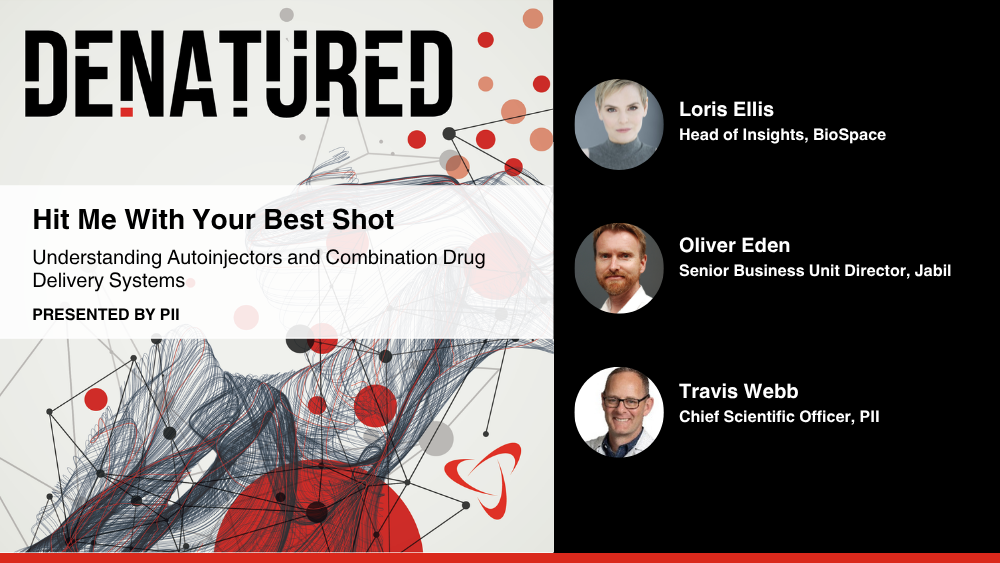ROCKVILLE, Md., June 25, 2012 /PRNewswire/ -- Neuralstem, Inc. (NYSE MKT: CUR) announced that the first patients were dosed in Phase Ib of its ongoing trial to test the safety of NSI-189 in the treatment of major depressive disorder (MDD). NSI-189, the lead compound in Neuralstem's small molecule platform, is a proprietary new chemical entity that stimulates new neuron growth in the hippocampus, a region of the brain believed to be implicated in MDD as well as other diseases and conditions, such as chronic traumatic encephalopathy (CTE), Alzheimer's disease, anxiety, and post-traumatic stress disorder (PTSD). This is the first time the drug will be tested in patients with MDD, as Phase Ia was in healthy volunteers.
(Logo: http://photos.prnewswire.com/prnh/20061221/DCTH007LOGO)
"We are pleased to begin testing the safety of NSI-189 in depression patients," said Karl Johe, PhD, Neuralstem's Board of Directors and Chief Scientific Officer. "We believe it could help patients who suffer from depression via a new mechanism that does not seek to modulate brain chemistry, but rather stimulates new neuron growth in the hippocampus and increases hippocampal volume, thereby potentially addressing the problem at the source."
About NSI-189
Neuralstem's technology enables the creation of neural stem cell lines from many areas of the human CNS, including the hippocampus. The hippocampus is a part of the brain involved in memory and the generation of new neurons. It is also implicated in several major neurological and psychiatric diseases. From its hippocampal neural stem cell lines, Neuralstem has created virtually unlimited amounts of mature human neurons and glia in laboratory dishes. These can be used to mimic the natural brain environment in order to test drug effects.
Neuralstem has been engaged in a drug discovery program with these human hippocampal stem cell lines since 2000. In 2009, Neuralstem was granted U.S. patents on four first-in-class chemical entities that boost the generation of new neurons. NSI-189, the first of these to be in a clinical trial, significantly stimulates the generation of new hippocampal neurons (neurogenesis) in vitro and in animal models.
NSI-189 is the lead compound in Neuralstem's neurogenic small molecule drug platform, which the company plans to develop into orally administered drugs for MDD and other psychiatric and cognitive disorders as diverse as CTE, Alzheimer's disease, anxiety, and PTSD.
NSI-189 has been shown to stimulate neurogenesis of human hippocampus-derived neural stem cells in-vitro and in vivo. In healthy normal adult mice, NSI-189 stimulated neurogenesis in the hippocampus and significantly increased its volume, apparently by increasing its synaptic network after 28 days of daily oral administration. In mouse models of depression, NSI-189 significantly improved behavioral responses associated with depression. In humans, NSI-189 may reverse the human hippocampal atrophy seen in MDD and other disorders and reverse their symptoms. This program has received significant support from both the Defense Advanced Research Projects Agency (DARPA) and the National Institutes of Health (NIH).
About the Trial
The NSI-189/MDD trial is a randomized, double-blind, placebo-controlled, multiple-dose escalating trial evaluating the safety, tolerability, pharmacokinetics and pharmacodynamic effect of NSI-189 in the treatment of MDD. Phase Ia tested escalating doses of single administration of NSI-189 in healthy patients. Phase Ib is testing the safety of escalating doses of NSI-189 for 28 daily administrations in 24 depressed patients. The Phase Ib portion of the trial is expected to take approximately six months to complete.
About Neuralstem
Neuralstem's patented technology enables the ability to produce neural stem cells of the human brain and spinal cord in commercial quantities, and the ability to control the differentiation of these cells constitutively into mature, physiologically relevant human neurons and glia. Neuralstem is in an FDA-approved Phase I safety clinical trial for amyotrophic lateral sclerosis (ALS), often referred to as Lou Gehrig's disease, and has been awarded orphan status designation by the FDA.
In addition to ALS, the company is also targeting major central nervous system conditions with its cell therapy platform, including spinal cord injury, ischemic spastic paraplegia and chronic stroke. The company has submitted an IND (Investigational New Drug) application to the FDA for a Phase I safety trial in chronic spinal cord injury.
Neuralstem also has the ability to generate stable human neural stem cell lines suitable for the systematic screening of large chemical libraries. Through this proprietary screening technology, Neuralstem has discovered and patented compounds that may stimulate the brain's capacity to generate new neurons, possibly reversing the pathologies of some central nervous system conditions. The company has received approval from the FDA to conduct a Phase Ib safety trial evaluating NSI-189, its first neurogenic small molecule compound, for the treatment of major depressive disorder (MDD). Additional indications could include chronic traumatic encephalopathy (CTE), Alzheimer's disease, anxiety, and post-traumatic stress disorder (PTSD).
For more information, please visit www.neuralstem.com or connect with us on Twitter and Facebook.
Cautionary Statement Regarding Forward Looking Information
This news release may contain forward-looking statements made pursuant to the "safe harbor" provisions of the Private Securities Litigation Reform Act of 1995. Investors are cautioned that such forward-looking statements in this press release regarding potential applications of Neuralstem's technologies constitute forward-looking statements that involve risks and uncertainties, including, without limitation, risks inherent in the development and commercialization of potential products, uncertainty of clinical trial results or regulatory approvals or clearances, need for future capital, dependence upon collaborators and maintenance of our intellectual property rights. Actual results may differ materially from the results anticipated in these forward-looking statements. Additional information on potential factors that could affect our results and other risks and uncertainties are detailed from time to time in Neuralstem's periodic reports, including the annual report on Form 10-K for the year ended December 31, 2011 or the Form 10-Q for the period ended March 30, 2012.
SOURCE Neuralstem, Inc.




